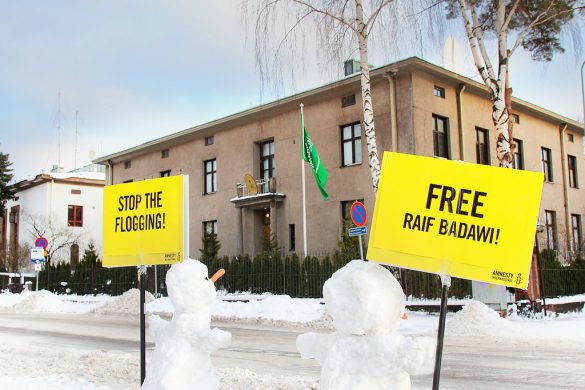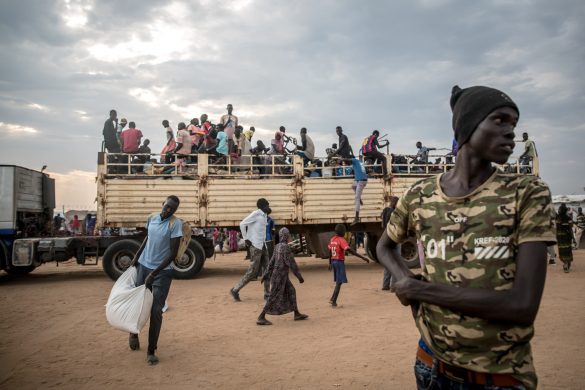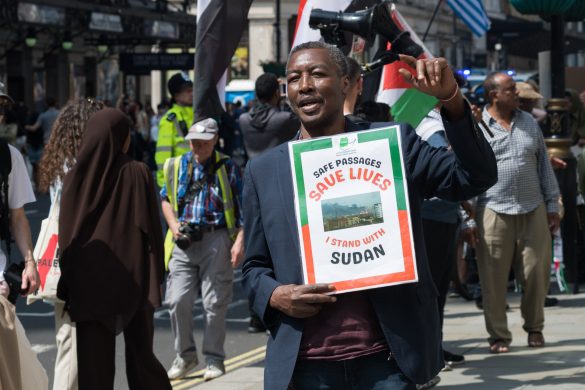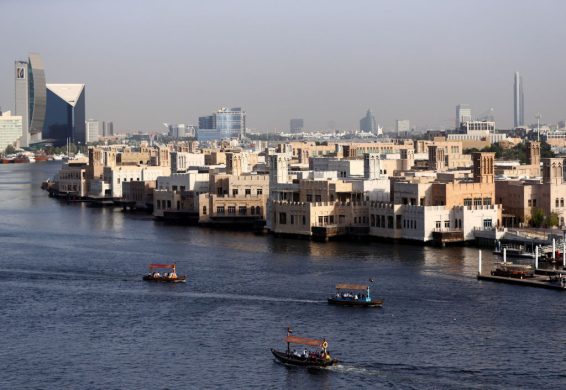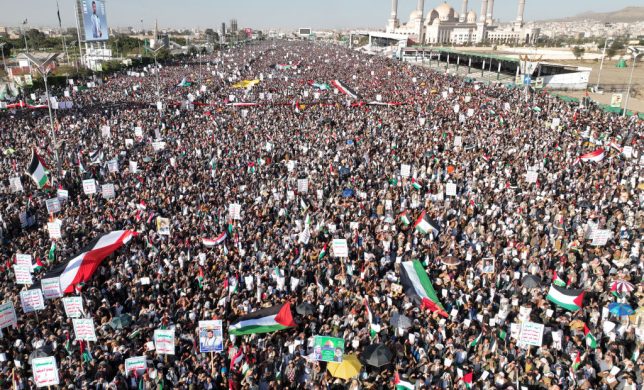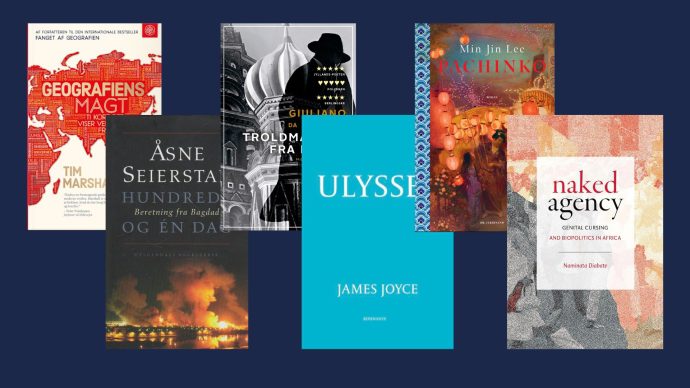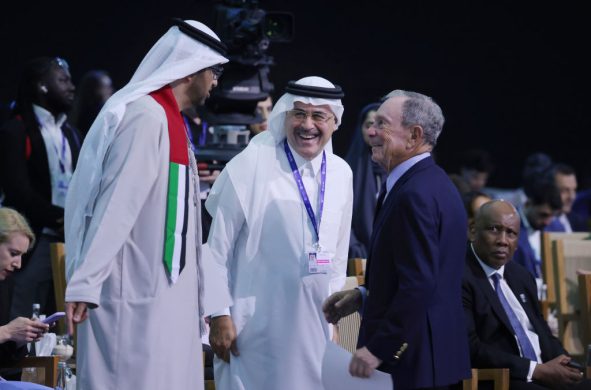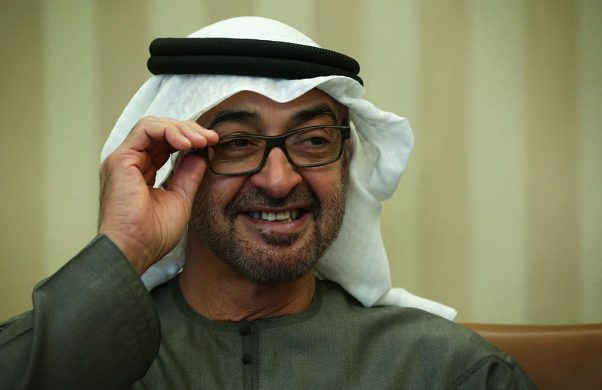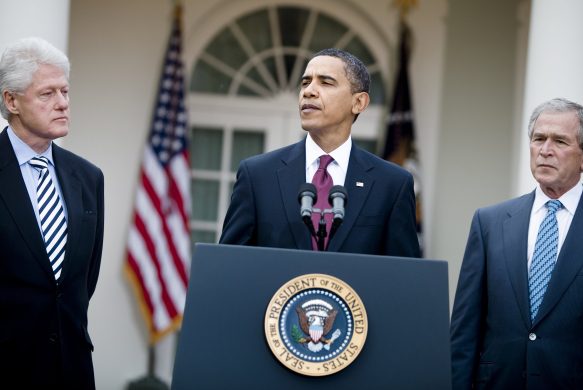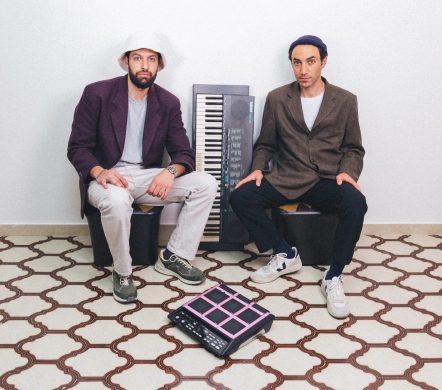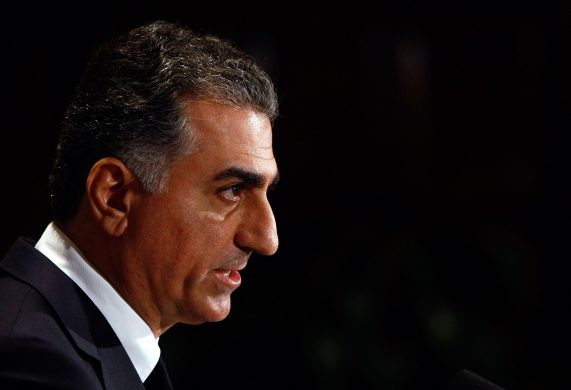Raif Badawi is the lauterate of this year’s Sakharov Prize for Freedom of Thought, following an October 29 decision by EP President Martin Schulz and the political group leaders. Badawi is a blogger from Saudi Arabia currently serving a 10-year sentence for insulting Islam on his website promoting social, political and religious debate. The Sakharov award ceremony will be held in Strasbourg on 16 December.
Badawi: a prisoner of conscience
Badawi is a Saudi Arabian blogger, human rights activist and author of the website Free Saudi Liberals. He was arrested in 2012 and later sentenced to 10 years in prison, 1,000 lashes and a hefty fine for insulting Islamic values on his website.
He was administered the first set of 50 lashes in public in January 2015. The remainder were postponed following international protests. Earlier this week the wife of Raif Badawi, Ensaf Haidar, who is currently living in Canada with their three children, announced that the Saudi authorities have given the green light for the flogging to resume.
In February this year MEPs adopted a resolution strongly condemning the flogging of Badawi as "a cruel and shocking act” and calling on the Saudi Arabian authorities "to release him immediately and unconditionally as he is considered a prisoner of conscience, detained and sentenced solely for exercising his right to freedom of expression”.
The finalists
Raif Badawi was one of this year's three finalists. Find out more about the democratic opposition in Venezuela embodied by the Mesa de la Unidad Democrática and political prisioners and the Russian opposition leader Boris Nemtsov here.
The Sakharov Prize
The Sakharov Prize for Freedom of Thought is awarded each year by the Parliament. It was set up in 1988 to honour individuals and organisations defending human rights and fundamental freedoms. Last year the prize was awarded to Denis Mukwege.
Nominations for the Sakharov Prize can be made by political groups or by at least 40 MEPs. Based on the nominations, the foreign affairs and development committees vote on a shortlist of three finalists. After that the Conference of Presidents, made up of the EP President and the leaders of the political groups, select the winner.

